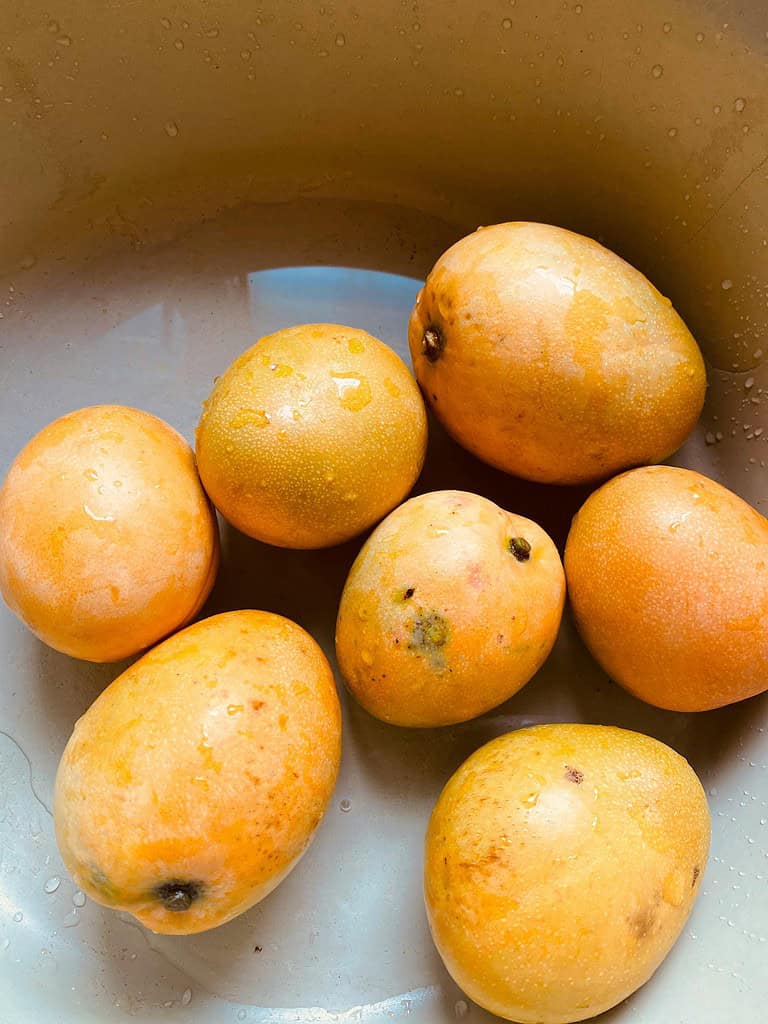SweeTunda is revolutionizing East Africa’s snack industry
SweeTunda, a Kenyan company, supports smallholder farmers and improves food security by reducing post-harvest losses, creating nutritious snacks, and offering a reliable market to grow farmers incomes.
- Blog
- Sustainable agriculture
- East Africa

SweeTunda, a recent Acumen investee under the Trellis initiative, is creating economic opportunities for smallholder farmers and reducing food waste in Kenya through healthy and innovative fruit and vegetable snacks.
Kenya, like much of the world, is suffering under the unpredictable whims of a changing climate. From 2020-2023 East Africa experienced the worst drought since the 1980’s. In 2024, the opposite, as massive floods struck Kenya causing widespread destruction and displacing over 260,000 people.
In no sector were the impacts of climate change felt more acutely than in smallholder agriculture. On small acreage, with limited equipment, and with rain-fed farming practices, smallholders are highly exposed to the volatilities of a changing climate. One of the few actors poised to help them adapt to climate change, to recover after a shock, and to ensure that produce does not go to waste after it leaves the farm, are small and medium enterprises (SMEs).
SweeTunda is just this type of private-market actor. Working through several farmer cooperatives, and primarily in the mango, small fruit, and sweet potato value chains, the company uses a state of the art processing facility to address the glaring problem of post-harvest losses. The company tackles the knowledge gap regarding climate-resilient farming practices via a range of farmer services, including extension support.
The end result is a range of delicious, highly nutritious snacks available on the shelves of kiosks, petrol stations, and grocery stores across Nairobi at price points that work for all Kenyans. These snacks counter the proliferation of less-healthy snacks that are flooding the market and largely marketed to lower-income Africans. This is a significant challenge, as smallholder farmers often lack reliable markets and infrastructure, resulting in considerable waste and reduced income.
Notably, SweeTunda’s ‘Crackies’ product, made from orange flesh sweet potato, provides a natural solution for Vitamin A deficiency, which affects approximately 15% of preschool children in Kenya.
Reducing post-harvest losses, increasing incomes
SweeTunda was founded by Ofelia Burton and Jonathan Bamber on the ethos of supporting smallholders by sourcing 100% of its produce from their farms and the cooperatives they work through.
“SweeTunda is committed to supporting smallholder farmers by creating a stable market for their produce,” says Burton. “Even when it has been challenging, we remain dedicated to our mission of empowering local farmers and improving their livelihoods.”
Food loss statistics in sub-Saharan Africa are startling. It’s estimated that as much as 50% of harvested fruits are lost due to inconsistent demand and volatile pricing. This loss is borne by farmers, who struggle to find consistent buyers willing to pay a decent price, leaving crops to rot in their fields. Sweetunda’s solution is simple: ensure that 100% of those crops have a consistent, transparent market by processing the produce into high-value snacks. The result is higher and more consistent income for farmers, and stable, high-quality supply of raw materials for SweeTunda to process.
“SweeTunda is not just about snacks; it’s about creating sustainable livelihoods and improving food security,” says Brian Ondeng, Acumen’s Investment Manager. “Their commitment to sourcing from smallholders aligns with our values, and we are excited to support their growth.”
Doubling the reach and impact
Acumen invested in SweeTunda because of its commitment to smallholder farmers and its strong local brand. The company has amassed a loyal customer base and enjoys one of the largest market shares of dried fruit products in East Africa’s modern trade sector. The young and majority-female team—79% of permanent staff are women, and over 75% are below the age of 35—also aligns with Acumen’s impact intentions under the Trellis initiative.
Acumen’s investment will help SweeTunda expand its sourcing to 1,000 additional farmers, while introducing new products and expanding snack sales. As the company’s first institutional investor, the investment has unlocked additional external capital needed to further support the company’s growth strategy.
SweeTunda’s impact is already evident, with 89% of farmers reporting improved production and 86% noting an enhanced quality of life since partnering with the company. As SweeTunda continues to grow, it aims to expand sales throughout sub-Saharan Africa and penetrate new export markets, demonstrating the scalability of a model focused on smallholder farmers.
An eye towards the future
In the first 100 days since investment, Acumen has been instrumental in providing capacity-building support to enhance impact and drive the company’s financial growth. Through a technical assistance grant, Acumen enabled SweeTunda to collaborate with Windward Marketing Group to revamp their sales strategy, focusing on optimal product positioning, packaging, pricing, and distribution across both modern and general trade channels in the region.
Acumen is proud to support SweeTunda in its mission to empower smallholder farmers and drive innovation in the snack industry. With a strong, young and majority-female team, SweeTunda is poised to become a leader in East Africa’s dried fruit and vegetable snack sector, proving that businesses can make a positive impact while achieving financial success.
This work is supported by the United Kingdom’s Foreign Commonwealth and Development Office (FCDO) and the Challenge Fund for Youth Employment (CFYE), managed by the Palladium Group, Randstad and VSO, and funded by the Netherlands Ministry for Foreign Affairs.